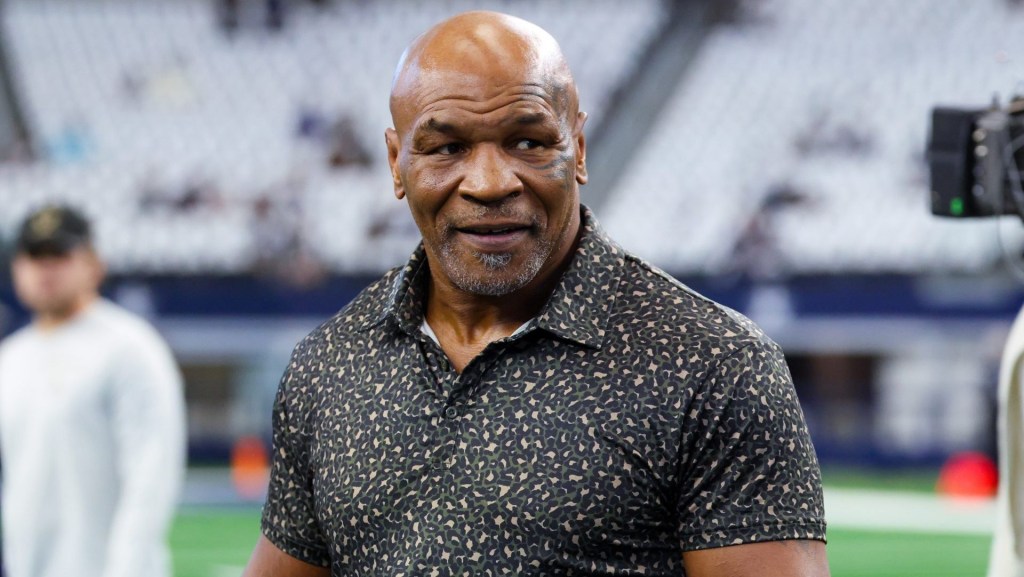Attorneys for Brett Favre again claimed the Hall of Fame quarterback “has done nothing wrong” for his alleged role in a scheme involving millions of illegally diverted federal welfare funds.
But there was a new wrinkle in the latest filing as part of a Mississippi civil case where Favre is among more than 40 defendants: Favre “does not intend to invoke the Fifth Amendment right against self-incrimination” in the case.
“Favre is playing a very dangerous game,” Matt Tympanick, a veteran federal criminal defense attorney, told Front Office Sports. “Though his statements made during these proceedings cannot come as direct evidence in a potential criminal case, they could come as impeachment evidence if Favre were to take the stand.”
The motion by Favre’s legal team seeks to prevent a stay in the case as the Mississippi Department of Human Services (MDHS) aims to claw back the misspent funds that originated from the Temporary Assistance for Needy Families (TANF), a federal program designed to support the nation’s neediest families.
“Favre would be severely prejudiced by a stay,” wrote Eric D. Herschmann, Favre’s lead attorney, wrote in the motion. “A stay under these circumstances would unduly delay Favre’s opportunity to have his day in court and clear his name.”
FOS previously reported that Favre has been on the radar of federal investigators, and he was interviewed by FBI agents and other members of law enforcement in early 2020.
Herschman, who represented President Trump during Trump’s first impeachment hearing, wrote in the Monday motion that his client “is not the target of any criminal investigation and has not been charged.”
No documentation was offered to support that federal investigators aren’t targeting Favre.
“Favre testifying isn’t going to convince the U.S. Attorney’s Office to decline to file charges,” said Tympanick, founder of Tympanick Law. “They potentially could get evidence via his testimony that they didn’t previously have.”
Three defendants in the case — including John Davis, the former director of MDHS — requested a stay until their criminal proceedings concluded. Davis pleaded guilty to numerous state and federal charges for his role in Mississippi’s largest public corruption scandal.
While he was sentenced to 32 years on the state charges, Davis has not been sentenced on the federal charges as he continues cooperating with state and federal investigators.
Favre has repeatedly sought to be dismissed as a defendant, the latest bid rejected by a Hinds County, Miss., judge in April.
In May, Favre’s legal team appealed that decision.
“This State’s citizens should not have to worry that monetary liability will attach to casual offers to assist others,” Favre’s Mississippi-based attorney Michael J. Shemper and Herschman wrote. “Put differently, for the same reason that it would have been unjust and unlawful for Favre to face liability on the supposed oral promise itself, it is unjust and unlawful for Favre to face liability as a transfer beneficiary.
“And yet, under MDHS’s view of the law, Favre is liable for his alleged informal guarantee, even if the guarantee itself would have been unenforceable in court, and liable for whatever amount it might have been-whether $5 million or $500 million.”
Favre has been linked to about $8 million in allegedly misappropriated TANF funds funneled from MDHS through a non-profit.
- About $1.1 million went to Favre directly for speaking engagements he did not perform. He’s since paid the principal amount back.
- Through Favre’s alleged lobbying, $5 million went to the University of Southern Mississippi Athletic Foundation to construct a volleyball center at his alma mater, where his daughter played at the time.
- Favre allegedly utilized the same setup to direct $1.7 million to Prevacus, a pharmaceutical company that counted Favre as its largest investor.
“Favre admittedly received TANF funds directly from MCEC for speeches he never gave,” MDHS lawyers wrote in the response to appeal. “This is what began the negative publicity, which increased when Mississippi Today obtained Favre’s text messages. MDHS’s lawsuit is not to blame, and the trial court’s suppression order limits any further publicity.”
MDHS’ lawyers also wrote that Favre “understood that grant funds provided by MDHS could not be used for brick-and-mortar construction,” and Favre “knew or should have known that use of grant funds” for Prevacus “was inconsistent with the pursuit of lawful TANF purposes,” and “ was therefore an illegal transaction.”
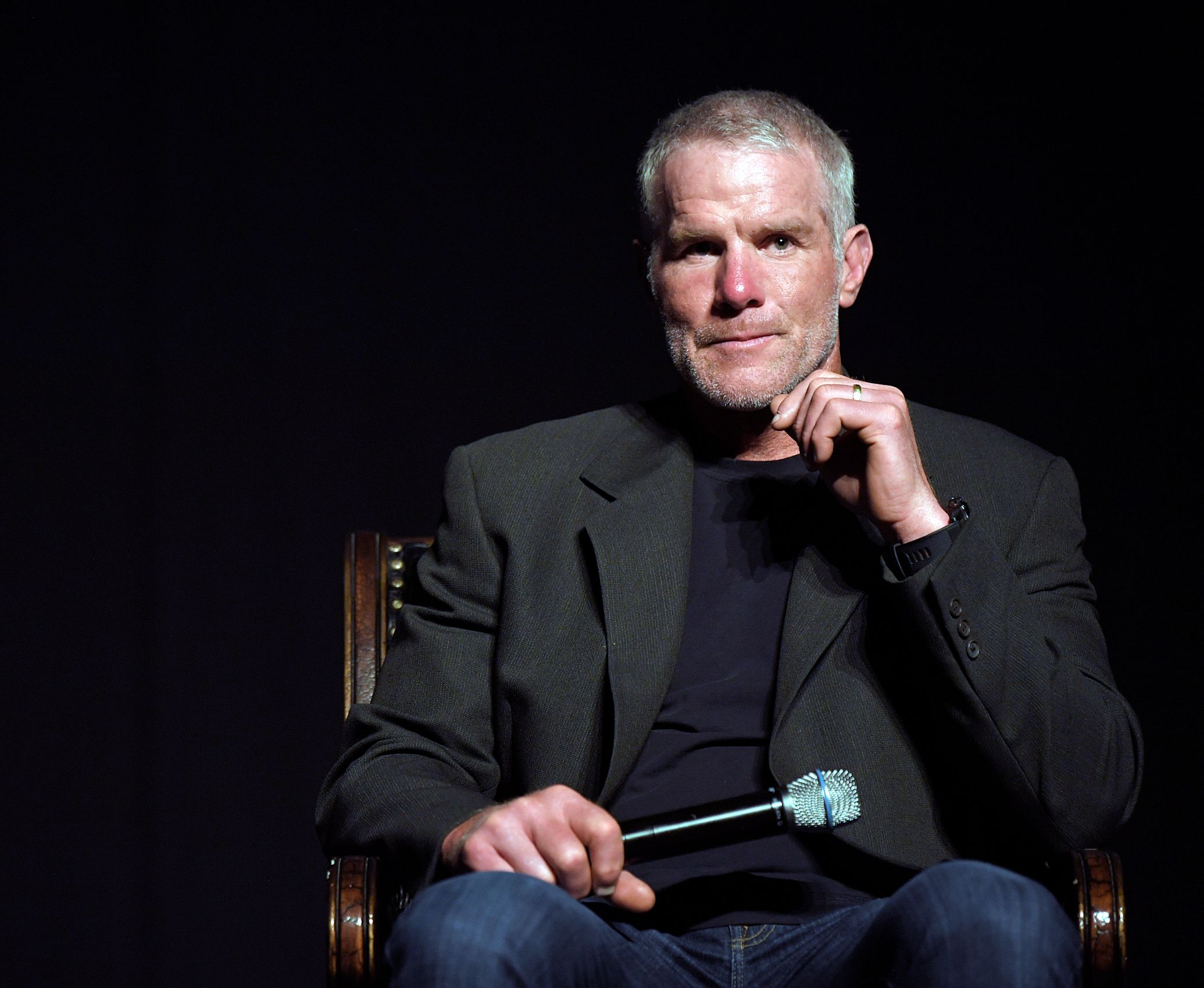
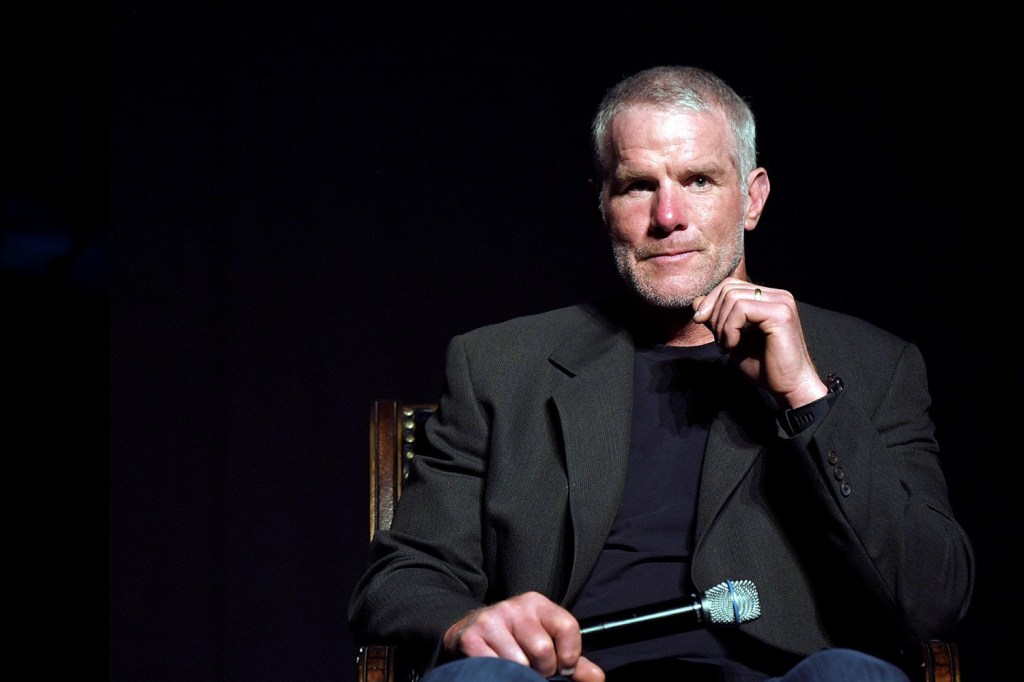
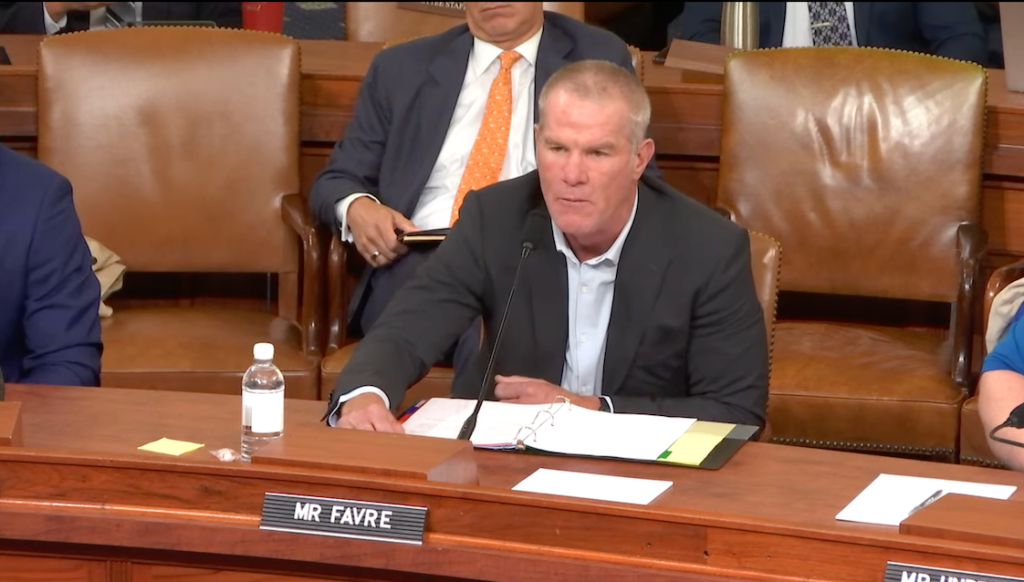
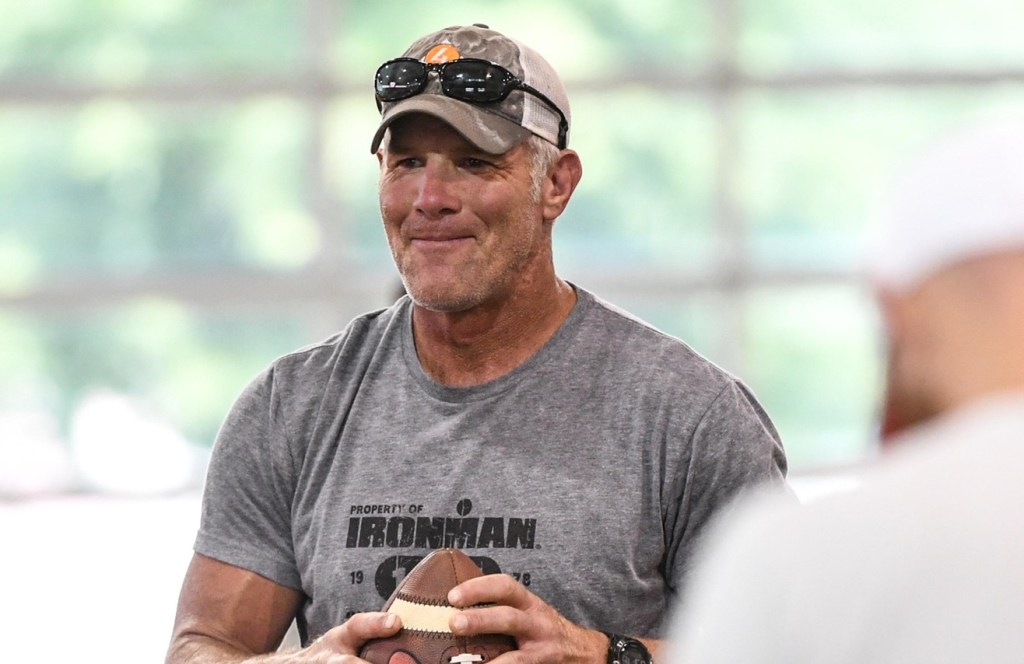

![[Subscription Customers Only] Jul 13, 2025; East Rutherford, New Jersey, USA; Chelsea FC midfielder Cole Palmer (10) celebrates winning the final of the 2025 FIFA Club World Cup at MetLife Stadium](https://frontofficesports.com/wp-content/uploads/2026/02/USATSI_26636703-scaled-e1770932227605.jpg?quality=100&w=1024)



